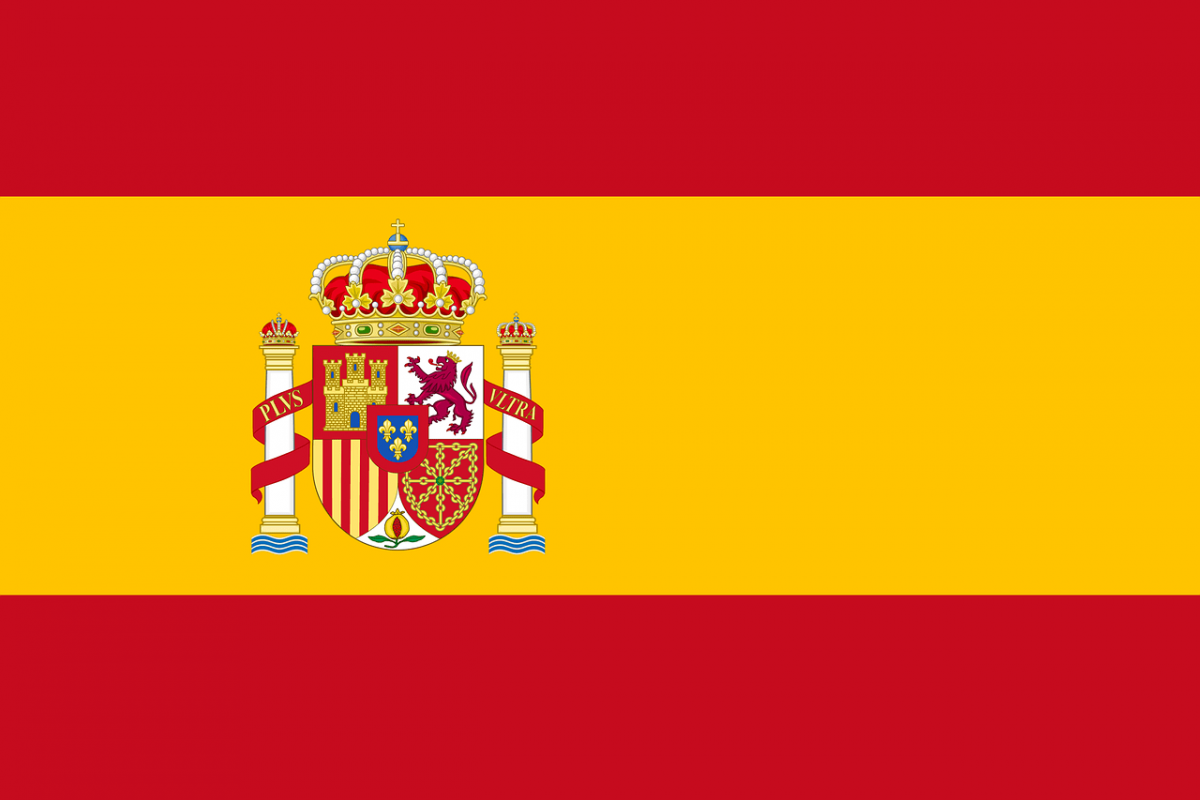
The recession in the Spanish economy is deeper than previously thought. Once again checking the data for 2012, The National Statistics Institute of Spain (INE) reported that over the past year the gross domestic product fell by 1.6% instead of 1.4%, as previously reported.
INE also revised data for previous years, starting from 2009. The data for all years, except 2010, was revised to the downside. For example, Spain's GDP fell by 3.8% in 2009 instead of 3.7%, as previously reported. In 2011 it increased by 0.1% instead of 0.4%. But in 2010 Spanish economy, as it turns out, has shrunk by 0.2% instead of 0.3%.
The negative news related with strange mistakes in providing economic data in Spain can have a negative impact on Euro in Forex market.
Revision of GDP data for Spain for the whole year will entail a change in the statistics when comparing the data for the first and second quarters of 2013. Publication of the updated data for the second quarter of 2013 is scheduled for August, 29.
Earlier, the Central Bank of Spain issued a forecast that in the second quarter of 2013 GDP will decline by 0.1% in comparison with the first one and by 1.8% compared to the same period of last year.
Thus, according to preliminary estimates, the second quarter of 2013 could become the eighth quarter in a row that is characterized by negative growth of Spanish GDP. Earlier, country’s central bank predicted that the economy will resume growth in the third quarter. It was reported that this should be contributed by increasing the country's exports and summer tourism.
Spain enjoyed a surge in exports in June that nearly wiped out its trade deficit. It slumped to 106.7 million euros ($142 million), down 96 percent from a shortfall of 2.7 billion euros posted a year earlier.
Another sign of hope has been the rise in tourist arrivals. In July, a record number of foreigners flocked to Spain. The welcome influx was led by visitors from Britain with 1.8 million people, followed by visitors from France and Germany with 1.2 million each.
Earlier, the German media, citing sources in government, said that the potential payouts of Germany in connection with the participation of the country in programs of assistance to troubled eurozone’s countries (Portugal, Greece, Spain, etc.) will exceed 122 billion euros.







